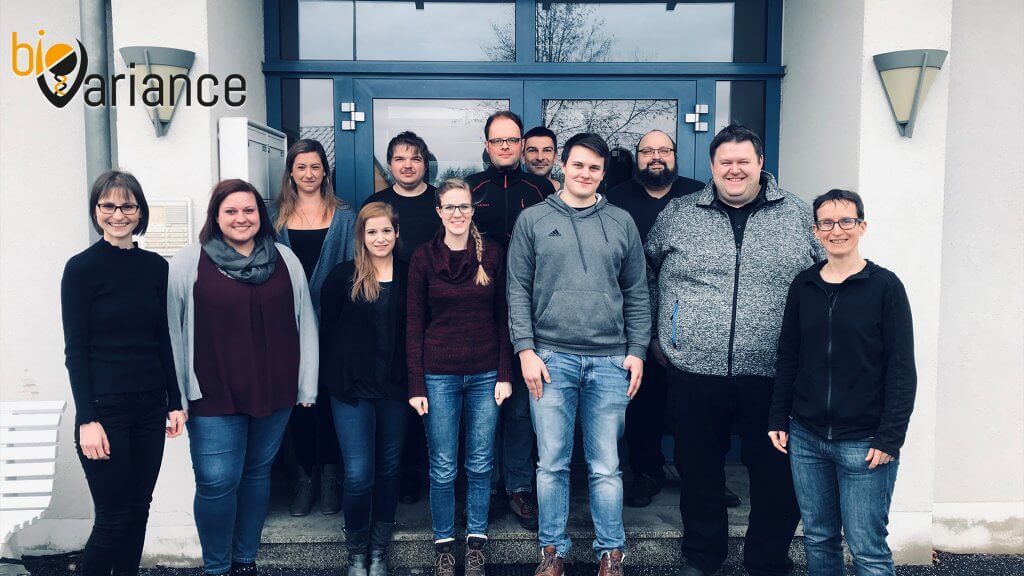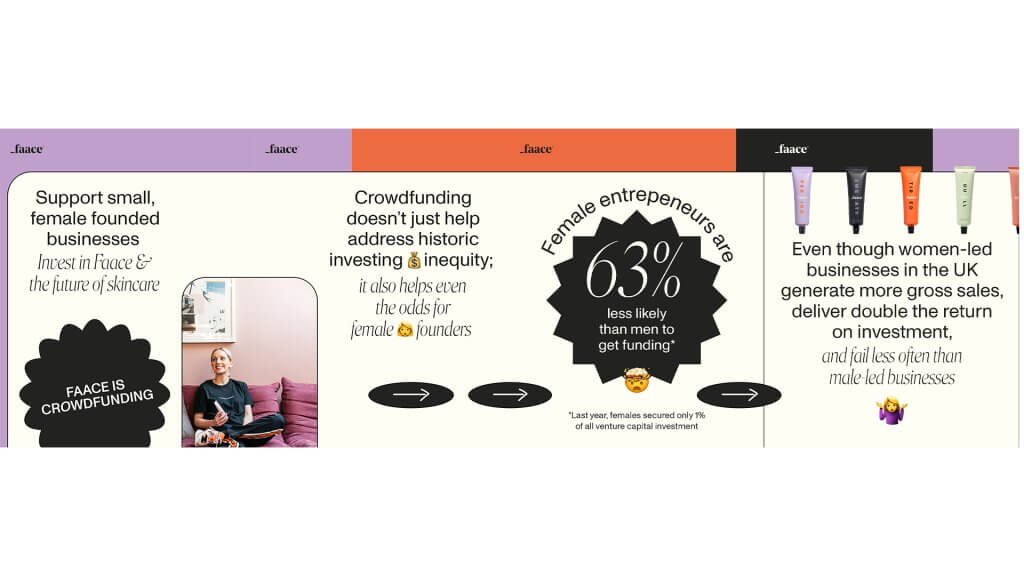
In today’s global economy, intangible assets such as intellectual property (IP), brand equity, proprietary technology and customer relationships are becoming critical components of corporate value. These assets often account for significant deal valuations in mergers, acquisitions and other cross-border transactions.
The Challenge of Valuing Intangible Assets Globally
Valuing intangible assets in cross-border deals is a complicated process that demands more than standard accounting tools. Unlike tangible assets, which can often be valued based on physical properties or comparable market sales, intangible assets rely heavily on projected future benefits and market context.
Valuing intangible assets like brands or customer relationships is challenging due to regional differences in recognition, consumer behavior and limited comparables for unique assets. Companies often combine income, market, and cost approaches to manage this complexity to create a more reliable and defensible valuation in global transactions.
Among the three primary valuation methods, the income approach is most commonly used for intangible assets, especially in cross-border deals. Estimating future economic benefits through models like Relief from Royalty or the Multi-Period Excess Earnings Method offers a defensible and transparent basis for valuing IP, brand names and customer relationships. This approach aligns well with international tax and accounting standards, making it ideal for jurisdictions with heightened regulatory scrutiny.
Legal and Regulatory Divergences in International Transactions
Legal frameworks for protecting and transferring intangible assets can differ drastically from one jurisdiction to another. This divergence presents significant risk in cross-border transactions. For example, enforcing intellectual property rights (IPR) may be strong and well-established in countries like Japan, but less reliable in emerging markets. This makes understanding the local enforcement landscape essential before finalizing any asset transfer.
Emerging tools like blockchain are increasingly being used to track and manage intangible assets once their value is defined, offering added transparency and control in markets where legal enforcement may fall short.
Some countries restrict the transfer of certain types of IP, especially in sensitive sectors like defense or biotechnology, and may require registration or disclosure that alters asset protection. These legal differences make thorough due diligence essential to ensure compliance and avoid future disputes.
Tax Implications and Structuring for Efficiency
Intangible assets often carry significant tax implications, especially when crossing borders. Missteps can lead to unexpected tax liabilities, penalties or even double taxation. Here are three major considerations when structuring cross-border transactions.
Withholding Taxes and Royalties
Payments for IP use, such as licensing fees, may be subject to withholding taxes in the country of origin. Double taxation treaties can mitigate this, but require careful planning. Failure to properly structure royalty payments can result in higher effective tax rates and reduced profitability for both parties.
Transfer Pricing Regulations
Tax authorities in many countries scrutinize how companies price intercompany transactions involving intangibles to prevent base erosion and profit shifting (BEPS). The Organisation for Economic Co-operation and Development (OECD) provides guidelines on aligning transfer pricing with value creation.
Tax Havens and Substance Requirements
While routing IP through low-tax jurisdictions might seem appealing, anti-avoidance laws in countries like the United States and those in the European Union now require demonstrable economic substance behind such structures.
Cultural and Operational Nuances That Affect Intangibles
Perception often shapes intangible assets, making them vulnerable to cultural and operational differences. A brand revered in one region may be unfamiliar or even unappealing in another. Similarly, customer loyalty varies widely. Some cultures value long-term relationships, while others prioritize pricing and convenience.
IP protection also differs by country, impacting how much value can actually be derived from assets like patents or brand names. In regions with weak enforcement or high counterfeiting, even strong IP assets may underperform. These variables highlight the importance of local market research and engaging regional experts during due diligence.
Best Practices for Safeguarding Intangible Assets in Cross-Border Deals
To protect intangible assets in global transactions, companies must be proactive. A solid due diligence framework should confirm asset ownership, legal enforceability and market relevance.
Contracts should clearly outline warranties, indemnities and post-deal performance obligations, especially when involving brand equity or customer relationships. Post-transaction, aligning teams on brand use, customer strategy and IP practices is essential. Finally, because many intangible assets are digital, companies must invest in cybersecurity and data protection, particularly when handling sensitive cross-border transfers.
Unlocking Value Across Borders
Intangible assets are key value drivers in today’s global deals, but managing them across borders requires strategic planning. By addressing legal, tax, and cultural complexities head-on and investing in due diligence and protection strategies, business leaders can safeguard these assets and maximize their long-term impact in international markets.




















